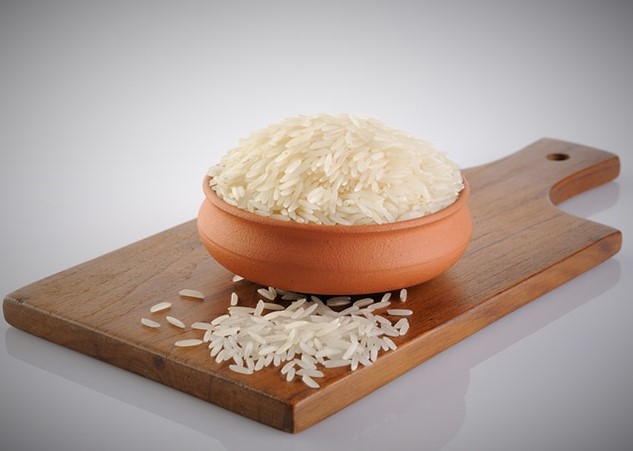
Basmati Rice
Basmati Rice is renowned worldwide for its distinctive aroma, long grains, and exceptional taste. This premium rice variety is a staple in Indian cuisine and is celebrated for its unique characteristics that make it ideal for a variety of culinary applications, from biryanis to pilafs.
India is the largest producer of Basmati Rice, cultivating high-quality varieties such as Traditional Basmati, Pusa Basmati, and 1121 Basmati. These varieties are known for their extra-long grains, rich aroma, and delightful taste. The major Basmati varieties grown in India include Traditional Basmati, Pusa Basmati, and 1121 Basmati. They are known for their long, slender grains, aromatic fragrance, and health benefits such as being low in fat and high in essential nutrients. The soil and climatic conditions in the northern regions of India, particularly in the states of Punjab, Haryana, and Uttar Pradesh, are ideal for cultivating premium quality Basmati Rice.
Basmati Rice is a significant crop in India, playing a vital role in both domestic and international markets. Basmati Rice is harvested once a year during the late autumn, ensuring its availability throughout the year. It is predominantly grown in well-irrigated fields with the use of traditional farming techniques that preserve its quality. Indian Basmati farmers and processors focus extensively on quality, with multiple sorting and grading processes becoming standard. Indian manufacturers have the capability to supply Basmati Rice that conforms to the highest standards, ensuring its long shelf life and superior quality.